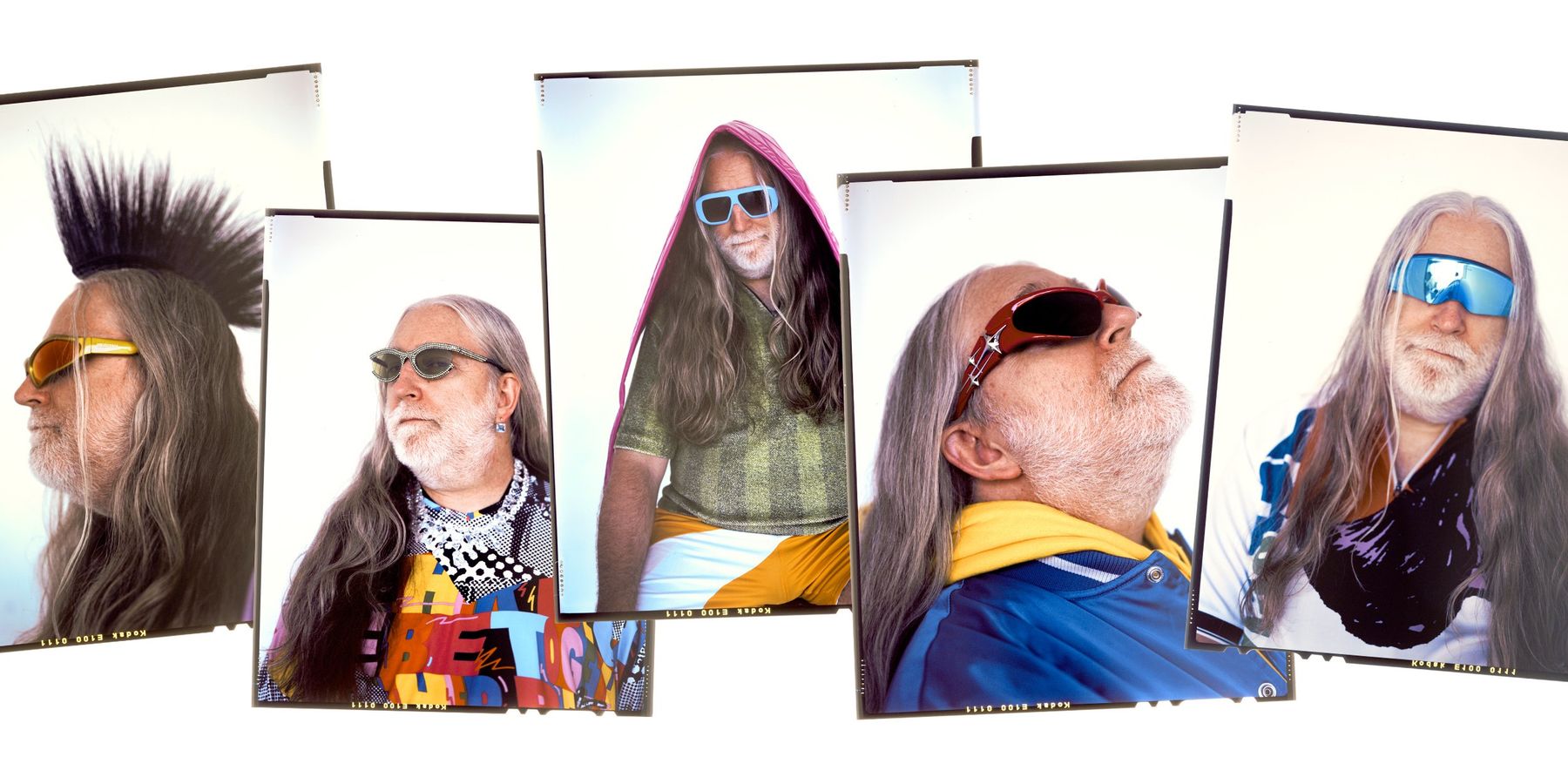
DJ Legend Tommie Sunshine Is Still Causing a Scene
Story by Erica Campbell / Interview by Aaron Joseph / Photography by Nicholas Needham / Styling by Kristtian ChévereNov 09, 2023

DJ Tommie Sunshine (born Thomas Lorello) may have been there during dance music’s earliest stages, dancing along to sets in packed and sweaty Chicago venues in 1985, but being integral to the genre’s legacy isn’t stopping him from reigning in its bright future.
Sunshine has been a tastemaker for decades, making his mark across House music, EDM and rave culture in the '90s before becoming inseparable from the electroclash movement of the early 2000s. He’s remixed iconic tracks by the likes of Billie Eilish, Katy Perry, Dua Lipa, Yeah Yeah Yeahs and more, leaving a trail of inventive production and an intricate collection of sunglasses in his wake.
Speaking with fellow hitmaker, DJ and producer Aaron Joseph for PAPER, the legendary artist talks about dance music’s vivid past and what he’s excited to mix up next.
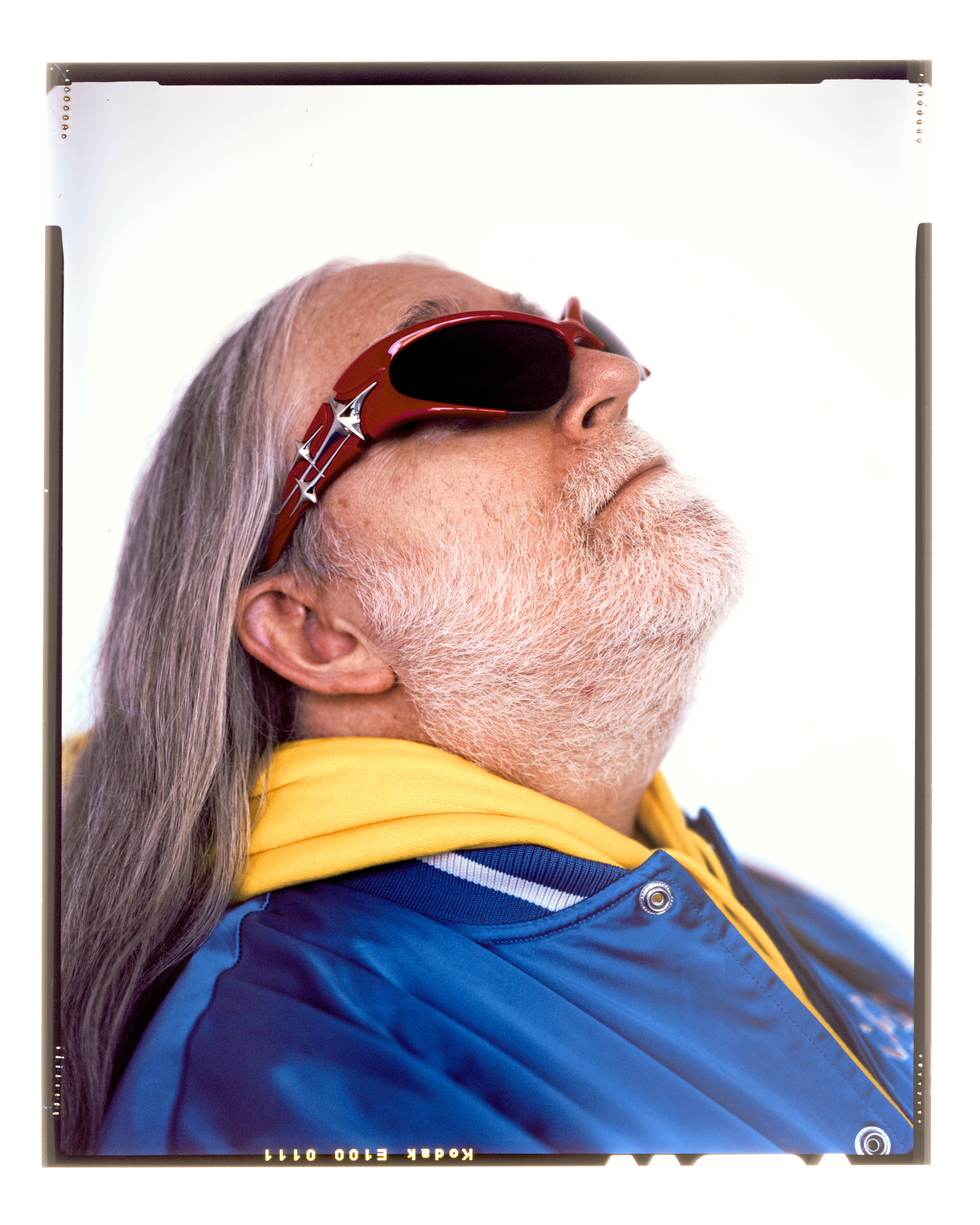
Sunglasses: Gentle Monster
Aaron Joseph: Justin Moran asked me to do this. And so I was like “Hell yeah. Let's fucking talk to Tommie, Mr. Sunshine.” Let me start off with Naperville, where you’re from. Looks nice on on Google Images. Is that as accurate? What's it like there?
Tommie Sunshine: I grew up in the Southwest suburbs of Chicago. It's about a 45-minute drive from the city and the minute I learned how to drive, I was going to see shows. If I wasn’t at shows, I was going to this goth industrial club that played proper Acid House. I saw all these crazy concerts there. There were TVs everywhere, and they would project music videos. We'd be dancing to Echo & the Bunnymen, all this great music. I was in high school, and I didn't really get along with many people at my school. We weren’t on the same wavelength. I remember the first time I went to [the nightclub] Medusa's, it was quite legendary. I walked in, and Front 242 was playing, and my brain exploded. I was like, Oh, my God. This is what I'm going to do with the rest of my life. It was life-changing.
When I walked into that room — I get goosebumps telling the story — when I walked into Medusa's I was like, This is our revolution, this music is going to be what changes culture. There's actually a video of me at a rave in the Midwest in 1994. At that point all my friends were talking about how it had gone mainstream and they were on the verge of growing out of it. This woman asked me, “What do you think? Where do you think this is gonna go?” And I'm like, “Well, this is going to become the biggest music in the world. You're not going to be able to get away from dance music.” And holy shit was I right.
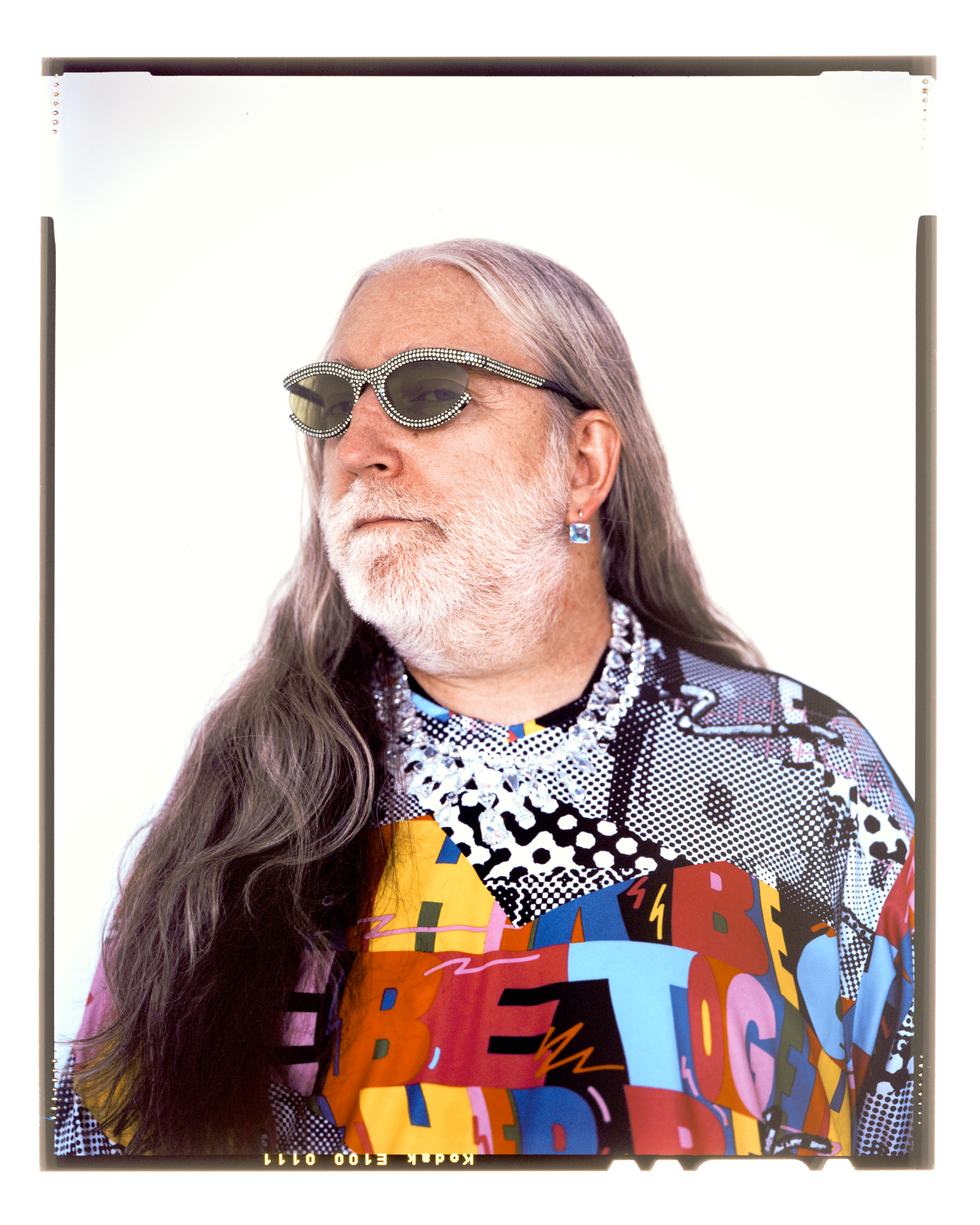
Sunglasses and jewelry: Swarovski
Aaron: Who gave you your first lesson on the decks?
Tommie: Everyone who was a DJ was just a knucklehead who loved electronic music. None of us were pros and none of us did it for a living. We did it because we loved it. It was purely for the love of the music and the culture. When I started playing, my first gig was on New Year's Eve 1992. Woody McBride, this big techno guy from Minneapolis, gave me that gig. He was like, “Hey, will you play in the chill room all night? You can play whatever you want, but just keep it dialed back from the main room so that there's another atmosphere.” So I developed this style where I'm having all these people over to my house and I'm playing records for them. That was the first five years of my DJing, and I got booked at raves all across the country to do this super eclectic music where I’d play Primal Scream and then I’d play Depeche Mode into Wu-Tang Clan, it was insane. But, it worked. I was taking everybody on a ride, there were a couple of nights where I derailed [laughs].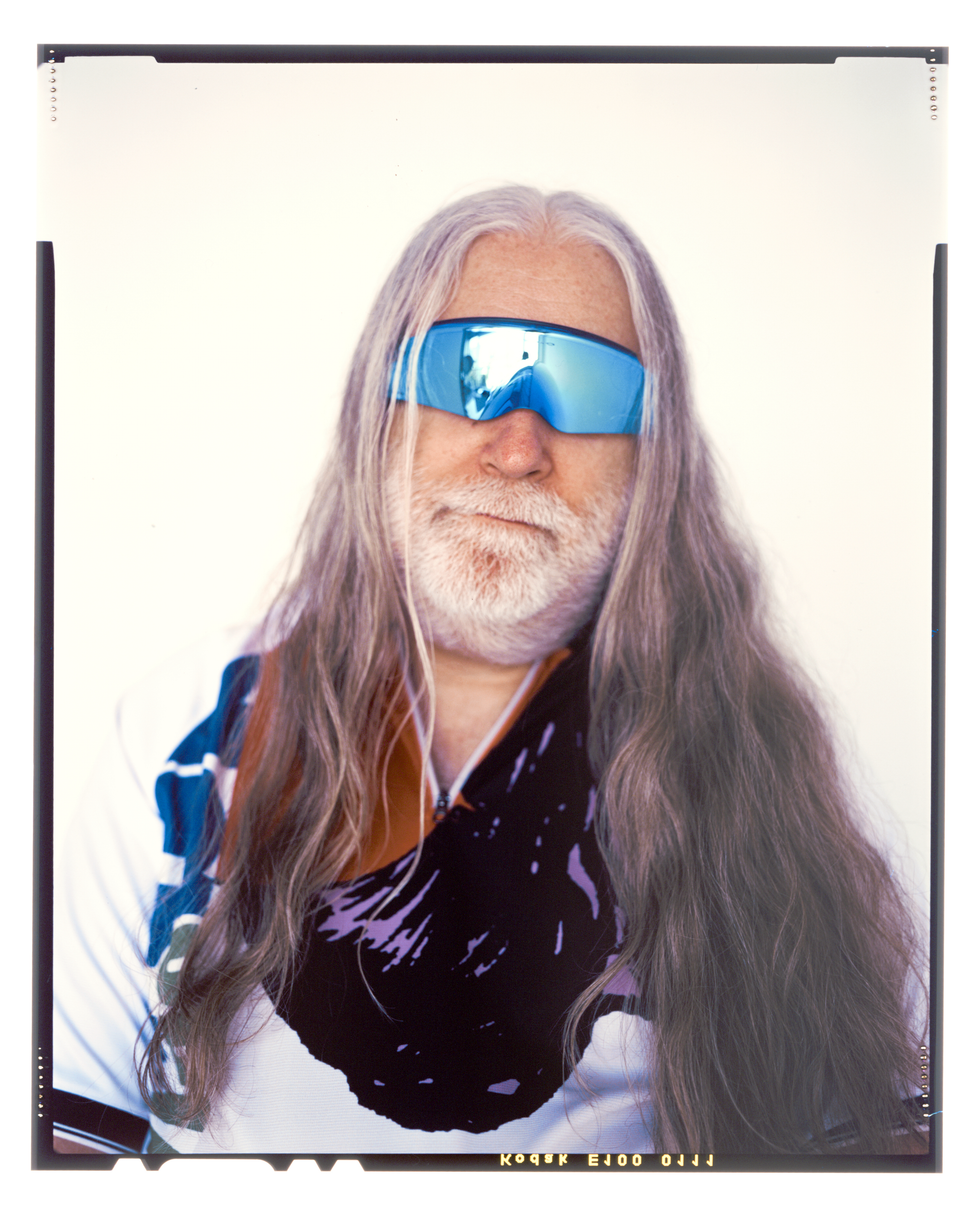
Sunglasses: Oakley, Top: le PÈRE
Aaron: I did want to ask about that. Do you remember your first disaster on the decks?
Tommie: I was at one of Woody's parties — this would’ve been late 1993 — and a buddy of his had just gotten back from Seattle with a suitcase full of mushrooms. We’re just tossing them down and then it’s time to play. So, I’m on the decks and I’m forgetting that I just took a heroic amount of mushrooms. I was playing Public Enemy's “Welcome to the Terrordome,” and when the song was over the needle hit paper and the guy who was going on after me was like, “Tommie are you alright?” And what had distracted me was that I was alphabetizing my records in the middle of my set.
You have to remember this wasn’t an $8 billion industry at the time. We were just hanging out in warehouses doing drugs. There were no expectations. I'm very lucky to have been in the early part of that because I got to see this culture literally come out of the ground. We didn’t even call it House music, it was just “going dancing.”
Aaron: Let's describe what New York meant to you when you first got there. When you were first moving from Chicago or visiting New York, what struck you first about the scene?
Tommie: The way that I got into New York was definitely electroclash. That was a hundred percent the train to end up in New York City. I had come to play Casey Spooner's birthday party, which was in a warehouse by the water in Williamsburg. Williamsburg was dangerous back then. It actually reminded me of the freedom and recklessness and abandon of the early raves because everybody was openly doing cocaine and we were in a warehouse, we're not in a nightclub. There were no phones or cameras or video or anything. Winona Ryder and Jimmy Fallon were dancing in front of me at one point, they were doing drugs, they didn’t fucking care. That was 2001, and then in March of 2002, I was DJing a set in Miami in the lobby of a hotel on Ocean Drive, and after the set this guy came up to me and he ran the Tribeca Grand Hotel and he said, “You’re my new resident DJ.” So he started bringing me there once a month, I’d fly into New York from Chicago. Then I’d stay for a week, then it was two weeks and I barely went home because I was basically living in New York.
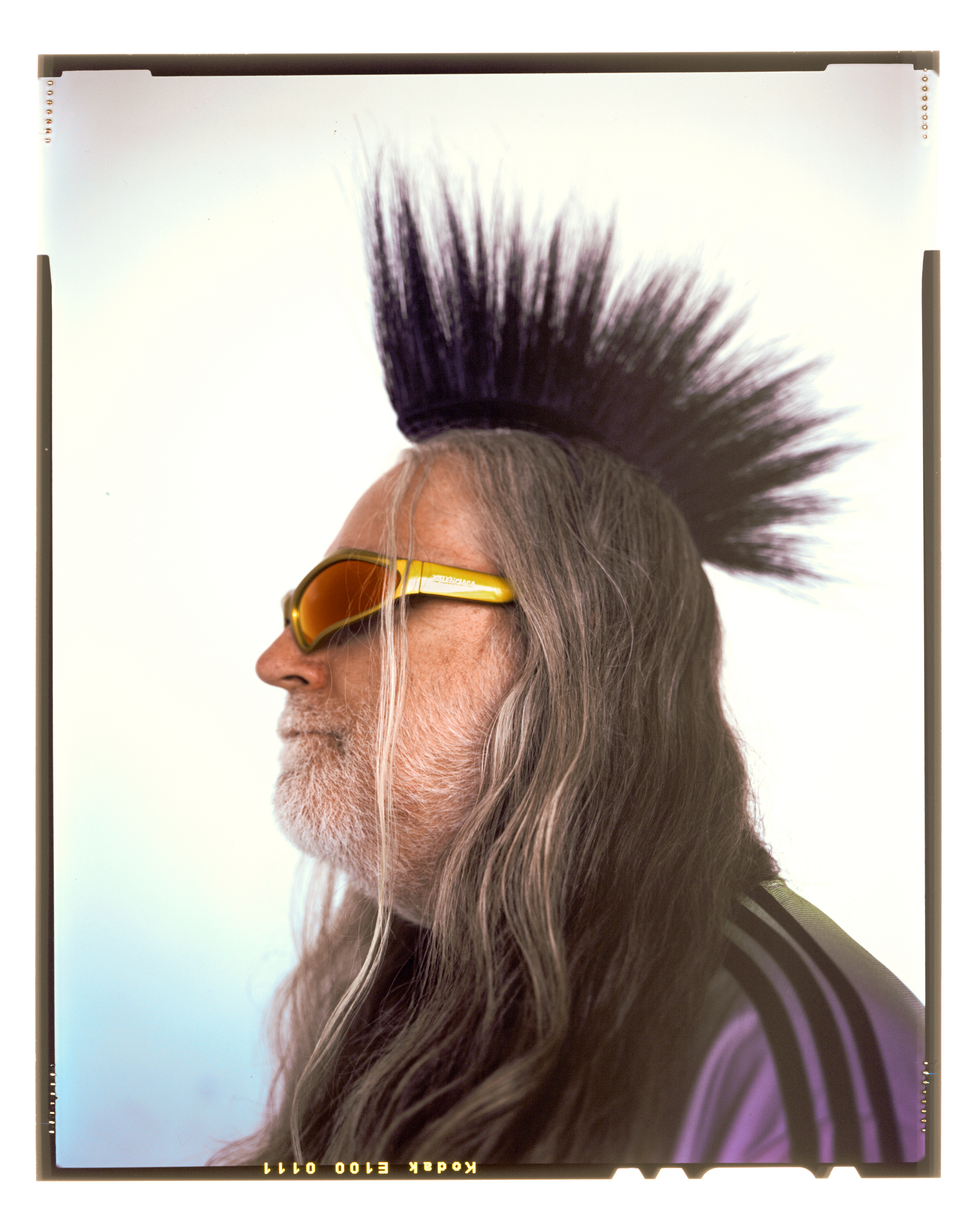
Sunglasses: Balenciaga, Top: Adidas, Headpiece: Lynn Paik
Aaron: I just wanted to shout you out really quick. The Tommy Sunshine remixes definitely make their way into my set constantly. For me at least, you know, I'm always playing the “Don't Call Me Baby” remix or “The One That Got Away.” You also did a “Slut Pop” remix that’s fucking fire. Do you have a favorite one you’ve done?
Tommie: That’s such a complicated question. I’ve done close to 300 remixes, so that’s like picking your favorite child. I really like the remix I did of Beyoncé and Kendrick Lamar, “America’s Got a Problem.” The way Kendrick’s voice flows over House beats.Aaron: I’m hoping that for the future there's a lot more like Rap House. Who's making music right now that you're excited about? Who are you listening to?
Tommie: There's a girl who lives in LA, but she's from New York. Her name is Remy Bond, and she's put out two singles so far, and her stuff is like, really psych. The best way I can describe it is it's like psychedelic Lana Del Rey.
Aaron: What is on the schedule for 2024 for you? What are you planning on getting into this next year?
Tommie: I'm putting out a lot of music. My first solo record, like proper Tommie Sunshine record, comes out November 17. I haven't done a record that's just me in over a decade. It's called Chemical Experiences. There's going to be a barrage of music over the next months, and next year I want to focus on making an album. I've never done that, I've never put out an artist album and would love to. That's where the origins of my DJing will come back into play because then I can be eclectic and I can put whatever I want on the record. It doesn't have to all be dance music, who cares?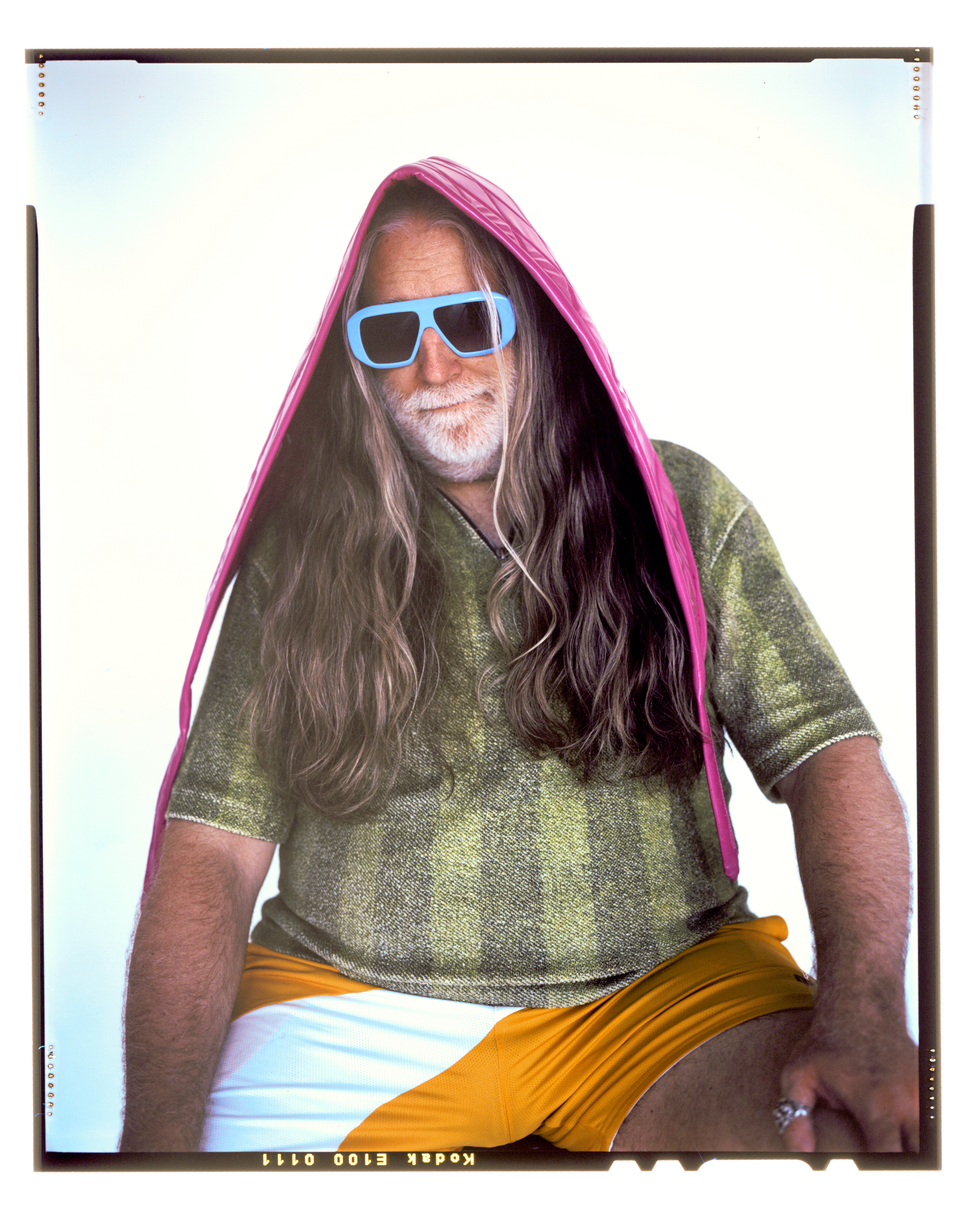
Sunglasses: Andy Wolf, Headpiece: Lynn Paik, Top: le PÈRE
Photography: Nicholas Needham
Styling: Kristtian Chévere
Editor in-Chief: Justin Moran
Managing editor: Matt Wille
Story: Erica Campbell
Interview: Aaron Joseph